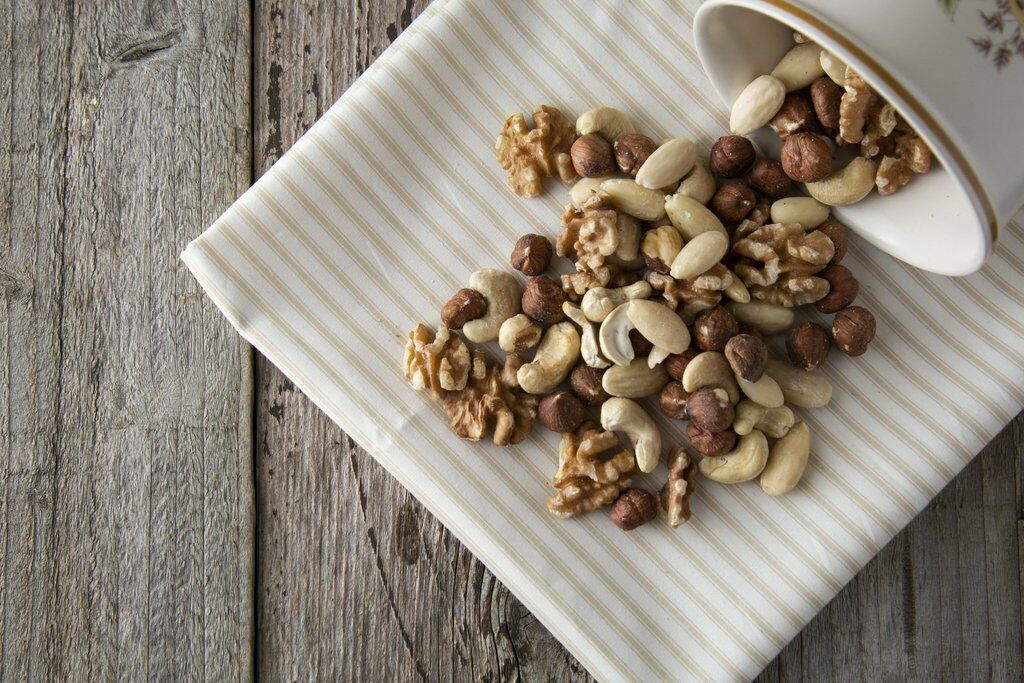Learn more about our sleep hormone and how to harness its power for a better night’s rest.

Why do screens keep us awake at night? Can I change my diet to improve the quality of my sleep? The answers lie with sleep’s secret ingredient.
1. The basics
Melatonin is informally known as the sleep hormone because it helps regulate our sleep/wake cycles. The chemical is released by the brain’s pineal gland, a pine-cone shaped organ from which it takes its name. Our melatonin levels tend to rise in the evening and usually drop in the early morning, causing us to wake up. Dopamine, often considered the body’s alertness hormone, soon takes over and helps to keep us awake.
2. The importance of light
Our exposure to light seriously affects the release of melatonin. The hormone is produced earlier in the day during darker months and later in the evening during the summer. Although this delay is caused by the sun, man-made light can have a similar suppressing effect. Screen time before bed has a direct link to reducing the quantity and quality of our sleep, as blue wavelength light produced by phones, TVs and tablets disrupts our circadian rhythm.
3. Melatonin boosting foods

Some foods can help top up our melatonin levels and contribute to a more restful night’s sleep. Almonds and walnuts contain the sleep hormone and a handful before bed can help regulate our sleep/wake cycle. Similarly, fruits including cherries, oranges and bananas contain melatonin too. Foods high in tryptophan such as eggs and salmon also encourage better quality sleep, especially when consumed with carbohydrates.
4. Other health benefits
Melatonin isn’t limited to helping our sleep cycle, the hormone has many other effects on the body, known as bioactivities. Studies have shown the chemical has anti-inflammatory qualities that reduce swelling and lessen pain. It’s also a great antioxidant, helping to reduce the risk of heart diseases and stomach ulcers. Research even suggests that the sleep hormone is one of the most potent defence systems against UV-induced skin-aging. Now we know why that call it ‘beauty sleep’.
In the UK, a manmade version of melatonin is available on prescription as a cure for insomnia. Slow-release tablets or liquid medicine is usually referred to adults aged 55 or over and taken for up to four weeks. The treatment is sometimes known by its brand name Circadin and should be taken after eating food and one to two hours before sleeping. NHS prescriptions are also available to help treat jet lag and prevent headaches.









